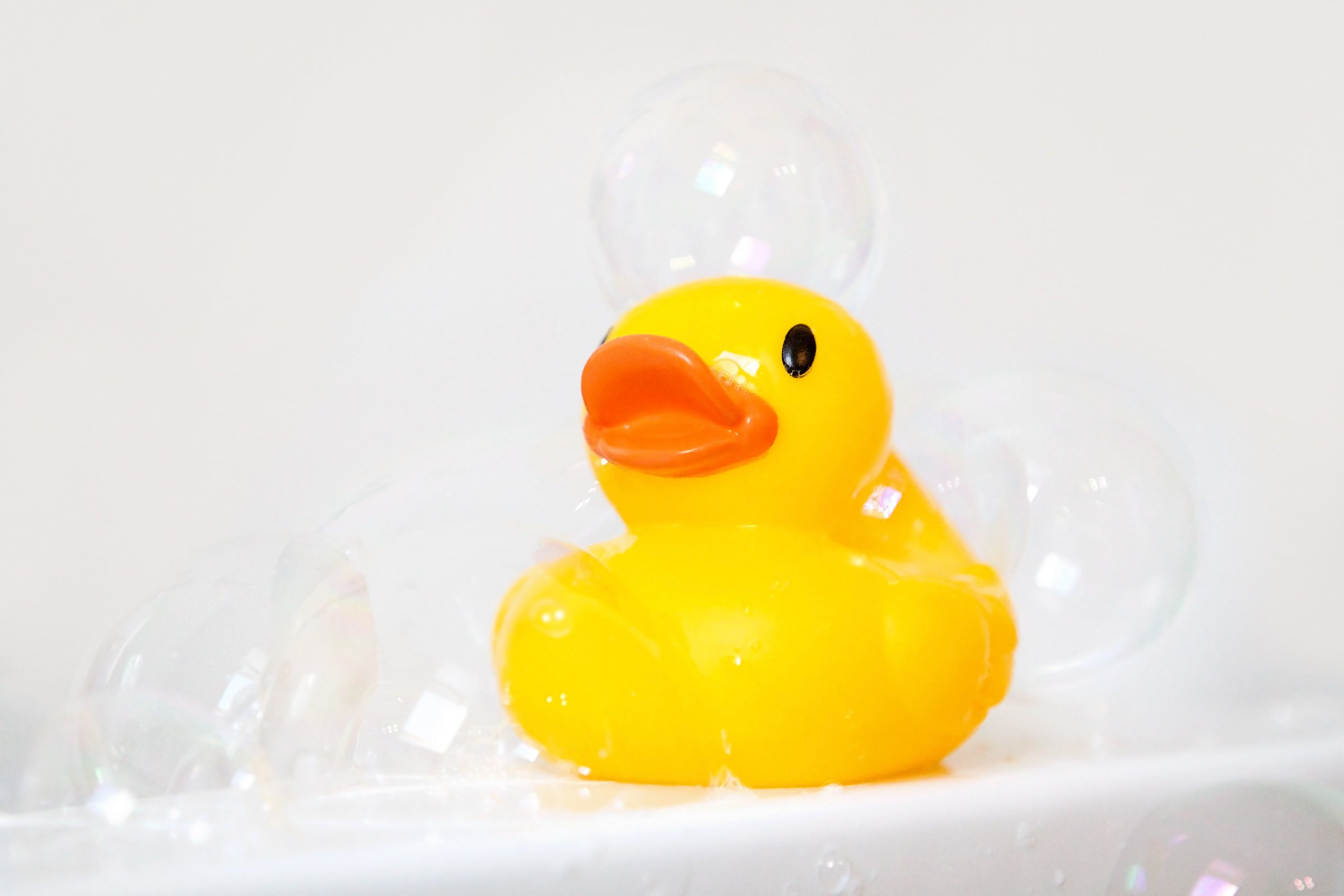
During the summer, when the air is soft with humidity, your skin is unlikely to dry out even if you take multiple daily showers. So there’s no reason to choose between an evening or a morning rinse. You can enjoy both—and both have obvious appeal.
“A morning shower can help shake off sleep inertia and get you going, while an evening shower can be a relaxing part of a pre-bed routine,” says Michael Grandner, director of the Sleep and Health Research Program at the University of Arizona.
That may seem contradictory. How can the same activity both wake you up and help you get to sleep? The answer may have to do with how your body’s internal temperature helps control its circadian sleep rhythms.
Your core temperature naturally begins to drop in the evening and remains low while you sleep. (This is why many sleep experts caution against nighttime exercise: physical activity can raise your core temperature, and so forestall sleep.) While a shower before bed will briefly heat up your skin, you’ll quickly feel colder after toweling off because—as with sweat—the evaporation of skin moisture leads to skin cooling. This cooling effect may facilitate the onset of sleep, research has shown.
“A shower might also have the benefit of giving you some time to think and wind down before bed, rather than distract yourself in front of the TV,” Grandner says.
On the other hand, when you hop out of bed in the morning, a shower gets you on your feet and helps reinvigorate your senses. Since you’re likely to be on the move after your shower—headed to work, or to run errands—and your body’s circadian rhythms are driving your core temperature upwards, the shower won’t have the same soporific effect it does at night.
But sleep or wakefulness aside, there are other considerations.
“Especially [during winter] when the humidity drops, dry skin becomes a more frequent problem,” says Dr. Brandon Mitchell, an assistant professor of dermatology at George Washington University. Limiting yourself to one (or fewer) showers a day can help. Even so, applying moisturizing cream after bathing is important to keep your skin from drying out, Mitchell says.
Because many creams or lotions take time to absorb into your skin—and it’s uncomfortable to put on clothes while that sinking-in is still happening—Mitchell says an evening shower may make more sense. “Given our schedules, taking the time to apply a cream or lotion is often more feasible at night,” he says.
MORE: You Asked: Should I Get A Facial?
Another major benefit of nighttime showers: When you’re out and about during the day, your body—and especially your hair—can collect all sorts of airborne allergens and irritants, says Dr. George Cotsarelis, a professor of dermatology at the University of Pennsylvania. “If you come in with pollen or chemicals on your body and go to bed without showering, you’ll contaminate [your bed],” he says. While that’s a greater concern when seasonal allergies are peaking, it could still be an issue during the winter.
On the other hand, Cotsarelis says that going to bed with wet hair is bad for your follicles. Lying against a pillow can trap moisture in your hair. “You have different layers to each follicle, and the inner cortex can swell with water if not dried properly,” he explains. That swelling can cause the hair cuticle to rupture, and over time can lead to damage and a “weathering effect,” he says. (Of course, drying your hair thoroughly before bed solves this problem.)
A final morning-vs.-night shower consideration has to do with when you trim your whiskers. A hot, steamy shower can help soften hairs for a more comfortable shave. Especially for men with thick beards who need to shave in the morning just before work, an A.M. shower can make his morning routine more comfortable.
Put all this together, and before-bed showers seem to have a slight leg-up—especially for people with allergies. Just be sure to dry your hair properly before hopping in bed.
More Must-Reads from TIME
- Donald Trump Is TIME's 2024 Person of the Year
- Why We Chose Trump as Person of the Year
- Is Intermittent Fasting Good or Bad for You?
- The 100 Must-Read Books of 2024
- The 20 Best Christmas TV Episodes
- Column: If Optimism Feels Ridiculous Now, Try Hope
- The Future of Climate Action Is Trade Policy
- Merle Bombardieri Is Helping People Make the Baby Decision
Contact us at letters@time.com